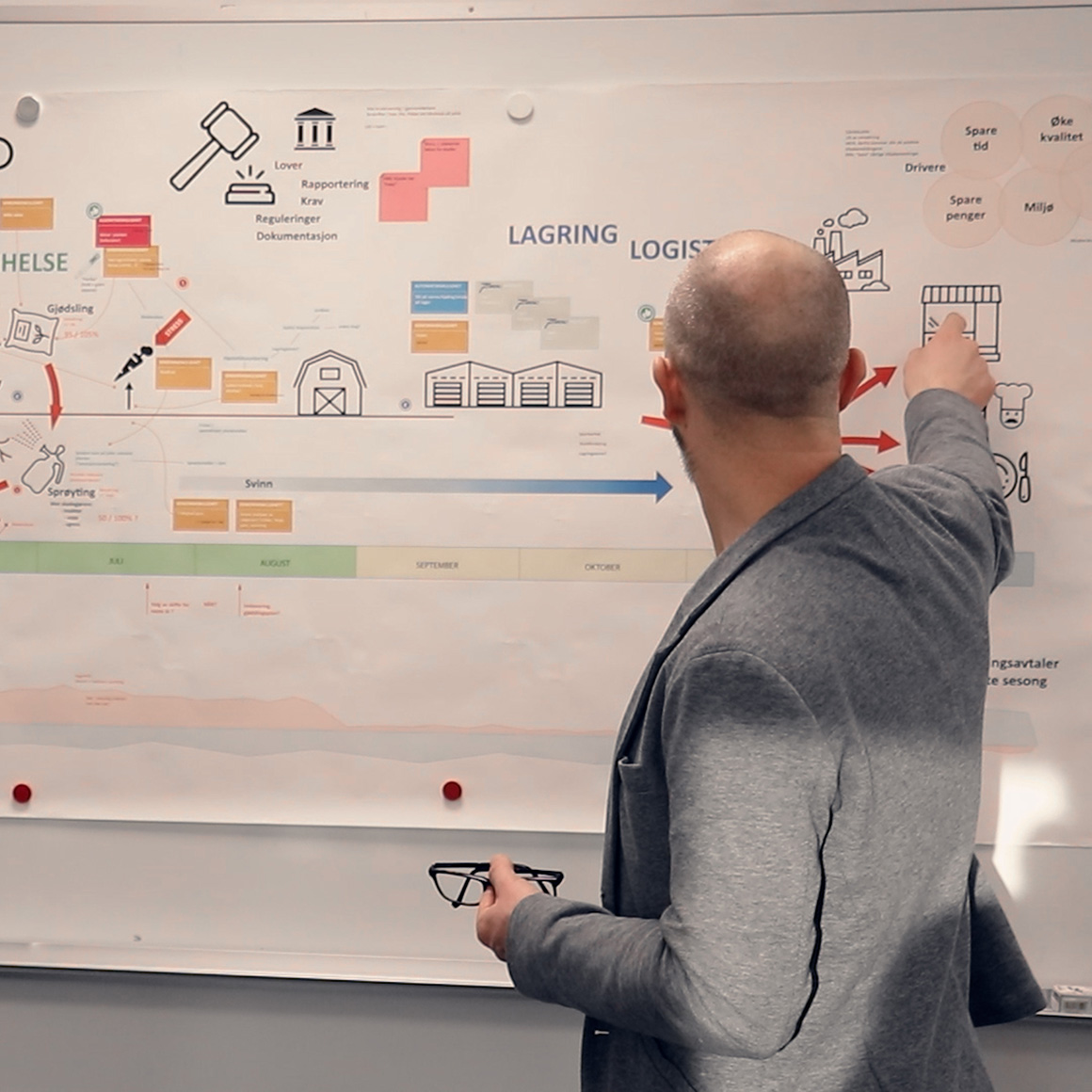
Lean Product Development
Kongsberg - Part time
Lean is perhaps the most important concept that has been introduced to increase efficiency in manufacturing in modern times. This study is designed to fit both industry workers and traditional students with a common desire to learn more.
-
Closing dates: Expired
Study facts
-
Campus: Kongsberg -
Study level: Further education -
Progression of study: Part time -
Start up: Autumn 2025 -
Teaching model: Session-based -
Credits: 0 or 7,5 -
Charge: NOK 20.000,-/ 25.000,- -
Closing dates: Expired -
Teaching Language: English
Dates
- To be announced
What is Lean Product Development?
Lean is perhaps the most important concept that has been introduced to increase efficiency in manufacturing in modern times. In today’s fierce economic climate, many global firms have attempted to expand the lean concept from manufacturing to Product Development (PD) in order to sustain competitiveness. However, PD is very different from manufacturing, and there exist few documented examples of successful implementation of Lean in PD, other than inside Toyota where the term implementation may be somewhat misleading. The reason for this is the basic nature of PD—its purpose, tasks, process, people and perception of value—makes the understanding and application of Lean very different from its counterparts in manufacturing. This course gives the participant key insights into the fundamentals of Lean PD, its implementation, methods and practical tools, following an interactive and practical approach for learning. The overall objective is to define a common starting point for successful implementation and continuous improvement as the most essential part of any Lean strategy in PD.
What you will learn
The course is designed to fit both industry people and traditional students with a common desire to learn more about Lean PD. This course gives the participant knowledge of the following topics:
- Building sustainable and competitive enterprises through organization, leadership, strategies and operational practices for efficient and effective New-product development (NPD).
- The basic principles of lean and their translation to functional areas outside manufacturing.
- Lean product development fundamentals, the understanding of value (creation) and strategies to integrate the production and the knowledge value streams as a means to mitigate project risks.
- Seeing lean product development as a system within the total enterprise/business system, and understanding the main components and characteristics of such a framework.
- Insight into the most common tools for applying the lean concept to NPD, including risk mitigation, knowledge management, systematic problem solving and visual planning and management.
- Taking the concept from theory to industrial practice; including research state-of-the-art, implementation strategies and local demonstrator cases (from select companies).
Prices
The price for attending a course depends on whether you take the course for credit or not. To get credit for the course, you need to hand in a written assignment.
- Alternative 1: Attendance only kr. 20.000,-
- Alternative 2: Attendance and written assignment kr. 25.000,-
For alternative 2, the price also includes supervision and grading of the written assignment.
Registration
The registration deadline for each course is 2 weeks before course starts.
We accept registrations also after the deadline, provided there are available seats. Each course has a limited number of seats, so please sign up early. We reserve the right to cancel courses with too low participation.
Course plan
A course plan will give you a description of the academic content of the course and your learning outcome. You will find reading lists and relevant information on how each course is taught.
Link to the latest published course plan
Admission requirements
- A bachelor’s degree in engineering or exact sciences or similar
- A bachelor’s degree in natural science or technology, provided that it contains at least 20 ECTS mathematics and/or statistics or physics
- A cumulative grade point average of C or above
- At least two years’ relevant work experience
There are English requirements for admission to our master programmes taught in English.The admission requirements are founded on the regulations regarding admission. See links for further information:
You must also fulfill the English requirements.
The admission requirements are founded on the regulations regarding admission.
